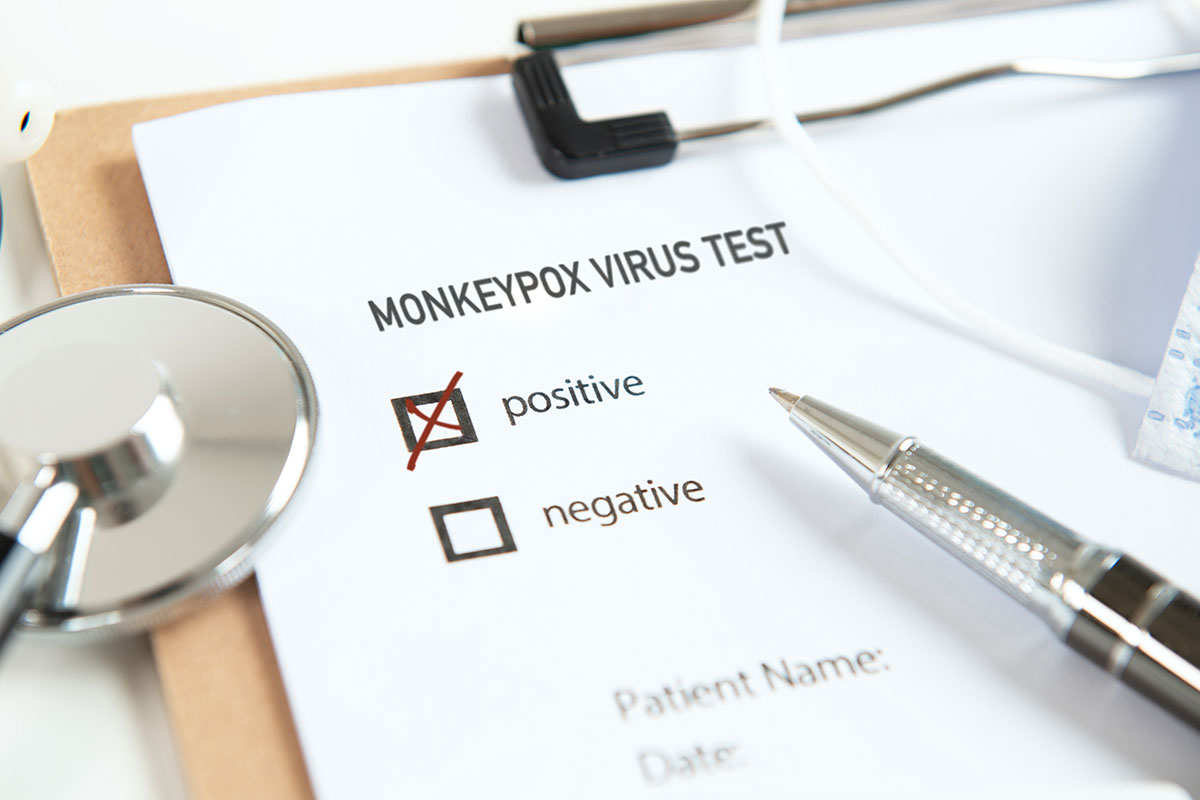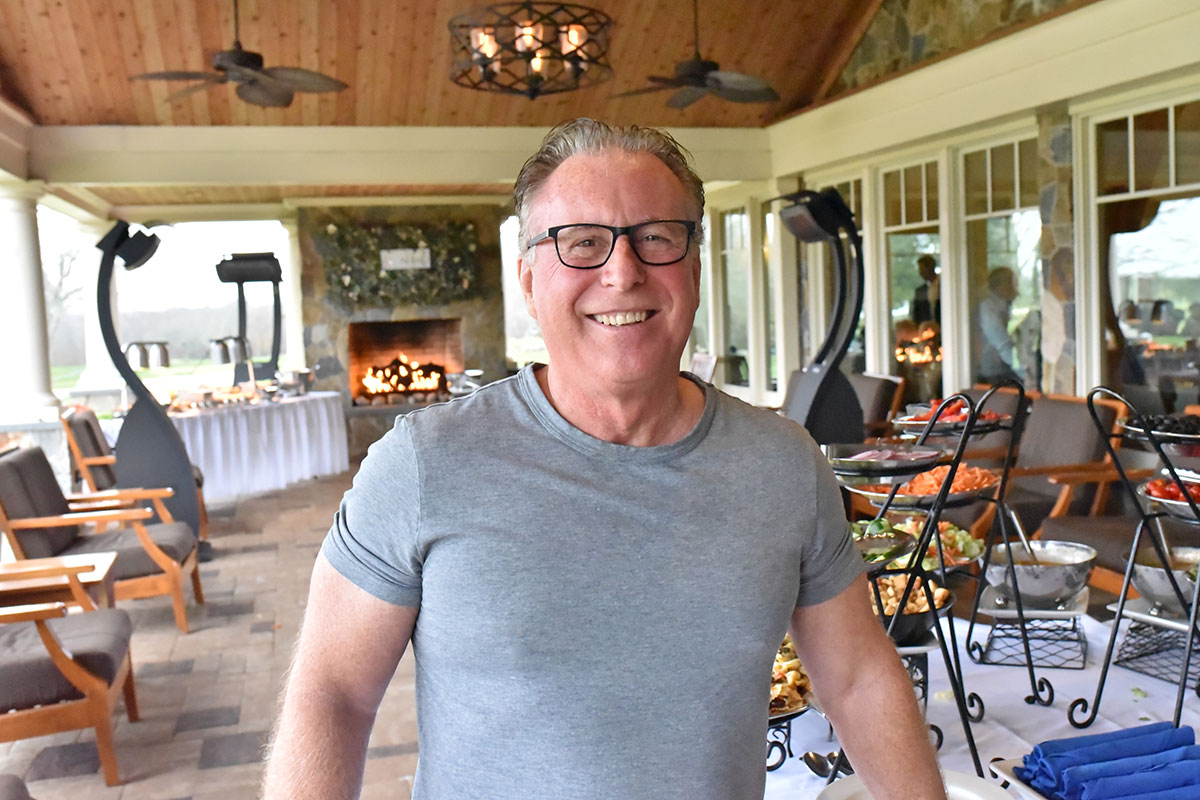Infectious disease experts are tracking a growing number of mpox, formerly known as monkeypox cases across the globe and urging people to be on the lookout for signs and symptoms. It is caused by an infection of the mpox virus, which is a cousin of smallpox, resulting in a rash that looks like pimples or blisters. Thankfully, many people recover on their own.
“The lesions can be painful, they’re itchy, people are sick with a fever, they feel bad and that could last for two to four weeks. With that said, most people we’re finding with this outbreak are getting better without anything other than supportive care,” said Richard Martinello, MD, director of Infection Prevention for Yale New Haven Health.
Learn more about mpox and answers to frequently asked questions about prevention and treatment.
How does mpox spread?
Mpox is spread through close contact with another person for prolonged periods of time or during direct contact with mpox skin lesions, which can sometimes occur during sexual encounters. The CDC reports new data shows some people can spread it to others up to four days before symptoms first appear.
What are the symptoms of mpox?
Early signs of mpox may present with flu-like symptoms including fever, headache, muscle aches and chills. The rash commonly associated with mpox can appear inside the mouth and other parts of the body, including genitals.
What should you do if you suspect you have symptoms?
Anyone who suspects they have symptoms should call their doctor right away to get tested. It’s also important to stay home and avoid contact with others any time you think you are sick.
How can you prevent the spread of mpox?
The CDC recommends avoiding skin-to-skin contact with anyone who has a rash that appears to be mpox, avoid sharing utensils and avoid touching bedding, towels or clothing used by a person who has the illness.
If you become get sick, isolate and stay in another area away from other members of your household, including pets, until your rashes have scabbed over and a fresh layer of skin appears underneath.
How is mpox treated?
Most people recover on their own in two to four weeks. Some people with weakened immune systems, children or pregnant people may be at a greater risk for severe illness and may be eligible for anti-viral treatments once disease occurs.
A smallpox vaccine known as JYNNEOS can be used to protect against mpox. The vaccine contains two doses administered four weeks apart, and it should be given within four days of exposure. If the vaccine is given after a period of 4-14 days, it can still help to reduce mpox symptoms. The CDC is currently recommended the vaccine for those who had a suspected exposure or have certain risk factors.
Stay up to date on mpox by visiting the CDC website.




